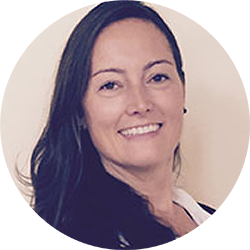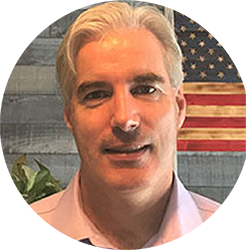Author: connecticut_admin
-

A Conscious Innovator Takes on Big Data & Human Rights
In July 2022, our Board member Sashi Edupuganti was humbled and honored by CxO Outlook as one of the 10 most inspiring entrepreneurs. While we celebrate his achievement, we want to give our community a chance to get to know him better. Every time you or I go online, the trail of our digital footprints…
-
Can Lawyers be Conscious Capitalists?
By Soledad Matteozzi We are used to identifying conscious businesses with companies that take ownership over their impact on the planet and are built around values to make positive change. Great companies such as Patagonia, Unilever, Natura come to mind. However, we may not tend to think of law firms as conscious organizations. I will…
-

Soledad Matteozzi
Soledad Matteozzi Board Member Why do we need a new way of doing business? The world is changing rapidly, and technology has further accelerated this process. Consequently, today we can achieve things we would have never imagined only a few years ago. Still, at the same time, we can measure more precisely the impact that…
-
Black Dreams Matter
“Black Dreams Matter,” “All Black Lives Matter,” and “Love the Skin You’re In” were just a few of the messages emblazoned with colorful chalk on the West Haven Green July 16th when a protest for racial equity decided to feature their community’s secret weapon – ARTISTS! Conscious Capitalism, Connecticut Chapter, sponsored a community chalk drawing…
-

Paul Murphy
Paul Murphy Board Member Why do we need a new way of doing business? The world is changing rapidly and there is an increasing realization that the current win/lose approach not working for most stakeholders. People need the dignity of work, but they also need to be able to work with dignity and purpose. Conscious…
